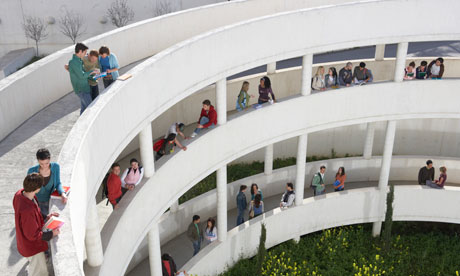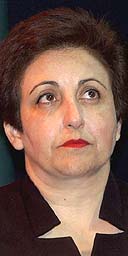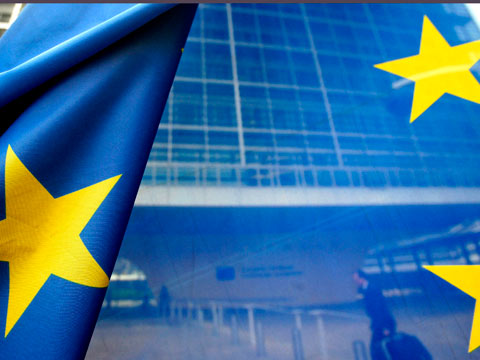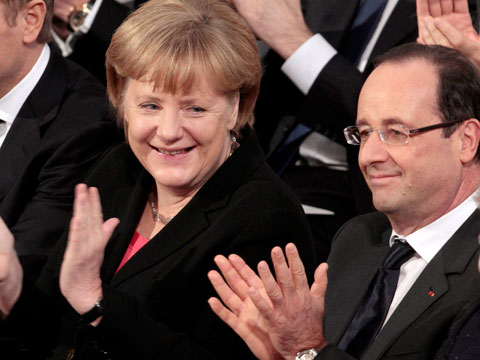One criticism of the Nobel prize committee's decision to award the prize to the EU I have heard is that is a little bit like a lifetime achievement Oscar: at least 20 years too late, and only really brought about by the imminent death of the recipient. Other than the British centre-right press, which thinks the committee's decision is "beyond parody" and a "late April fools joke", that is the line in most of the European mainstream media.
That critique sounds sensible, but personally I think it's nonsense. The consensus now may be to see the Nobel as an award for the achievements of the past, but there are much stronger reasons to the see it – as with Obama in 2009 – as an award for the potential of the future. If I had one word to explain why, it'd be this: Erasmus.
Erasmus is a European Union exchange programme established in 1987, which is widely popular on the continent but barely mentioned in the business sections that lead the way on European coverage in the UK. More than 2.5 million students from across Europe have taken part in it since its inception. The UK is one of the most popular destinations, but one of the less active participants, considering its size: in the 2009/10 academic year, the UK received 22,650 foreign students under the Erasmus exchange scheme, while sending abroad only 11,723.
There are spades of people who have gone on these schemes and never come back. Germans who fell in love with Spaniards, Greek women who ended up marrying Frenchmen, Poles who have kids with Portuguese mothers. The Italian novelist Umberto Eco last year said that "Erasmus has created the first generation of young Europeans." He describes it as "a sexual revolution: a young Catalan man meets a Flemish girl – they fall in love, they get married and they become European, as do their children."
Personally, I can't imagine that these parents and their children would be able to listen to a nationalist rabblerouser calling for war and just listen in silence. They would speak up. What's more important: some of them are likely to become leading figures in the media, in business and in politics over the next 20 years, and they will increasingly think outside national boundaries. If the eurozone crisis can be overcome – and that's a serious if – then there are good chances that it will be followed by a period of peace so prolonged that the last 67 years will look short by comparison.
British EU-sceptics will say that all that cross-country lovemaking was brought about not by stuffy EU bureaucrats, but free trade between nation states. But who has ever fallen in love in a business meeting? The beauty of a scheme like Erasmus is that it has enabled meetings between young people before they start to think about such encounters purely as the means to an exchange of capital, before they slip on the cold mask of commerce. And at any rate, who's to say that a prize shouldn't be romantic? If you really believe that nothing guarantees intercultural harmony as effectively as free trade, then you might as well hand the Nobel peace prize to Ronald McDonald. That would really inspire the continent.
Manuel Barroso, the European commission president, has so far declined to confirm how the prize money will be spent. As Spain is slashing its contribution to the Erasmus scheme for lack of funds, using the €923,680 to extend the scheme – not just to students, but also to "taxi drivers, plumbers and other workers", as Eco has suggested – would at last send out the right signal from Brussels.
A Nobel peace prize for Europe's sexual union – now that's something we could all get genuinely excited about.










